Sustainability From Soil to Oil
Sustainability is making the most of today’s resources without compromising future generations’ ability to meet their own needs.
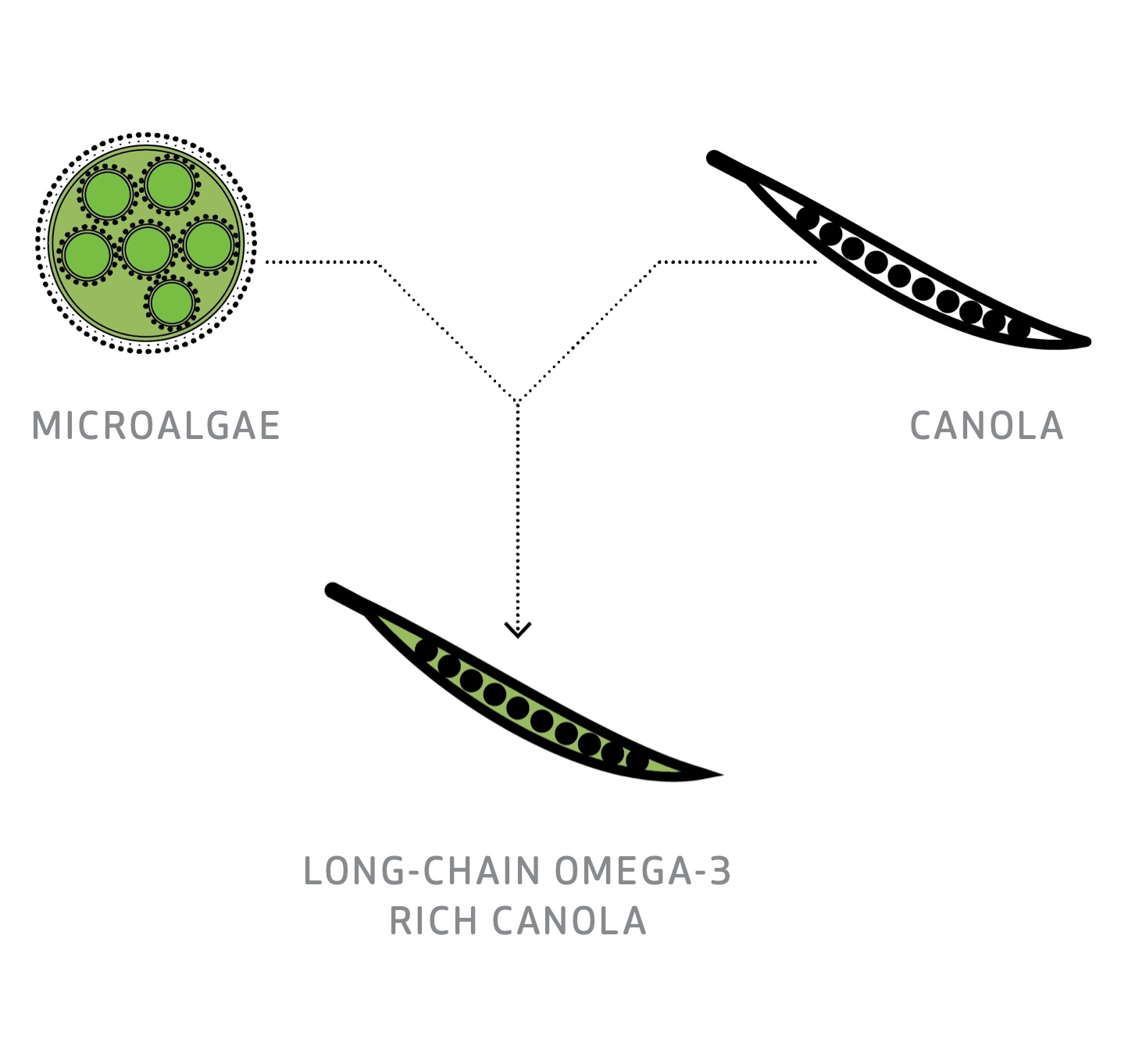
Plant-to-Plant Biotechnology
Nutriterra addresses the world’s shortage of total omega-3 nutrition with sophisticated plant-to-plant biotechnology. Microalgae are unicellular aquatic plants with the incredible ability to transform sunshine into long-chain polyunsaturated fatty acids (LC-PUFA). Adding microalgae genetics to canola provides the pathway to create LC-PUFA including DHA and EPA in a sustainable, plant-based crop. The ocean is no longer the only source for these essential nutrients.
Sustainable Development Goals
Nutriterra is aligned with the Sustainable Development Goals to make positive social, environmental, and economic impacts. Nutriterra applies advanced plant genetics to preserve ocean resources, rebuild soil, improve farmer livelihoods, and nourish people.
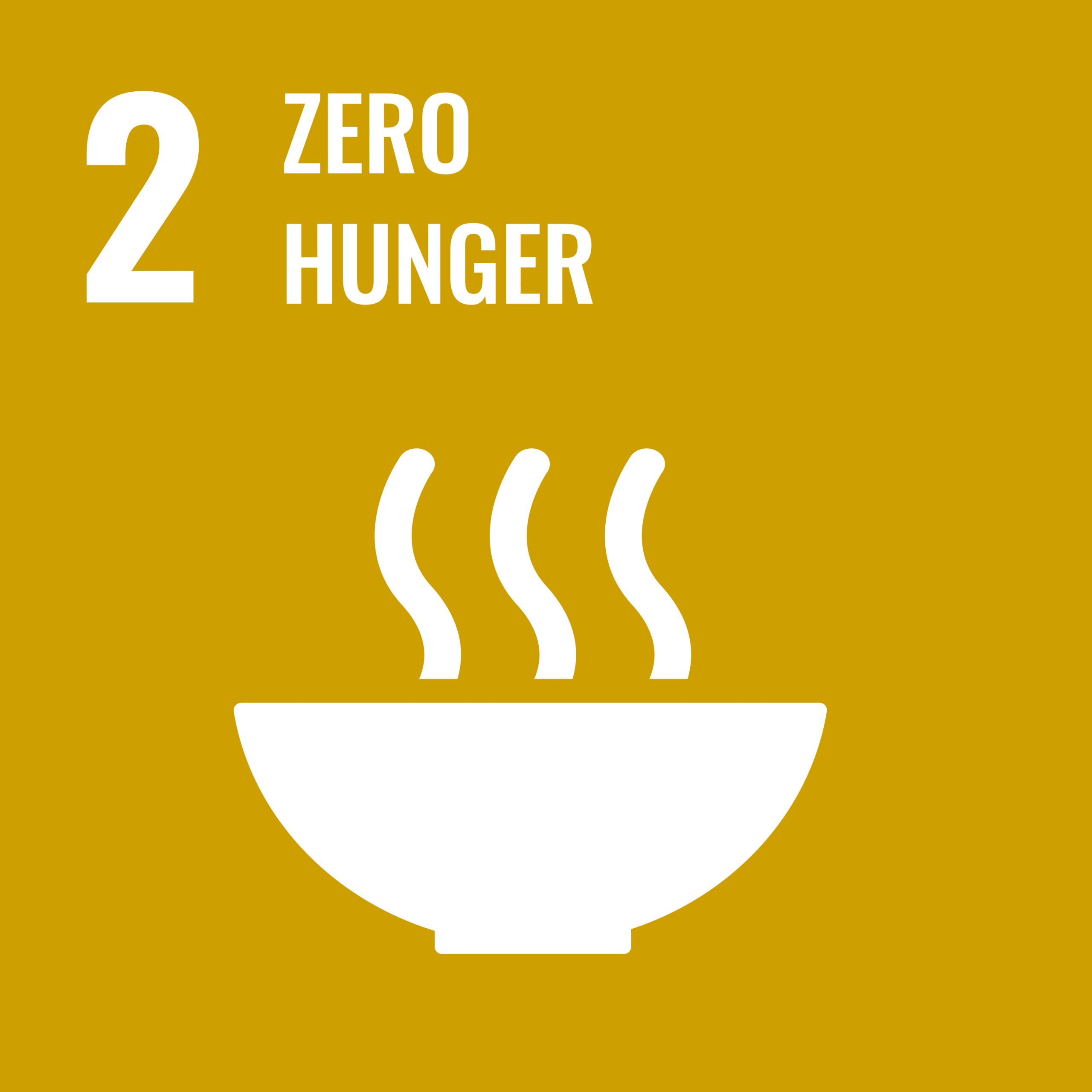
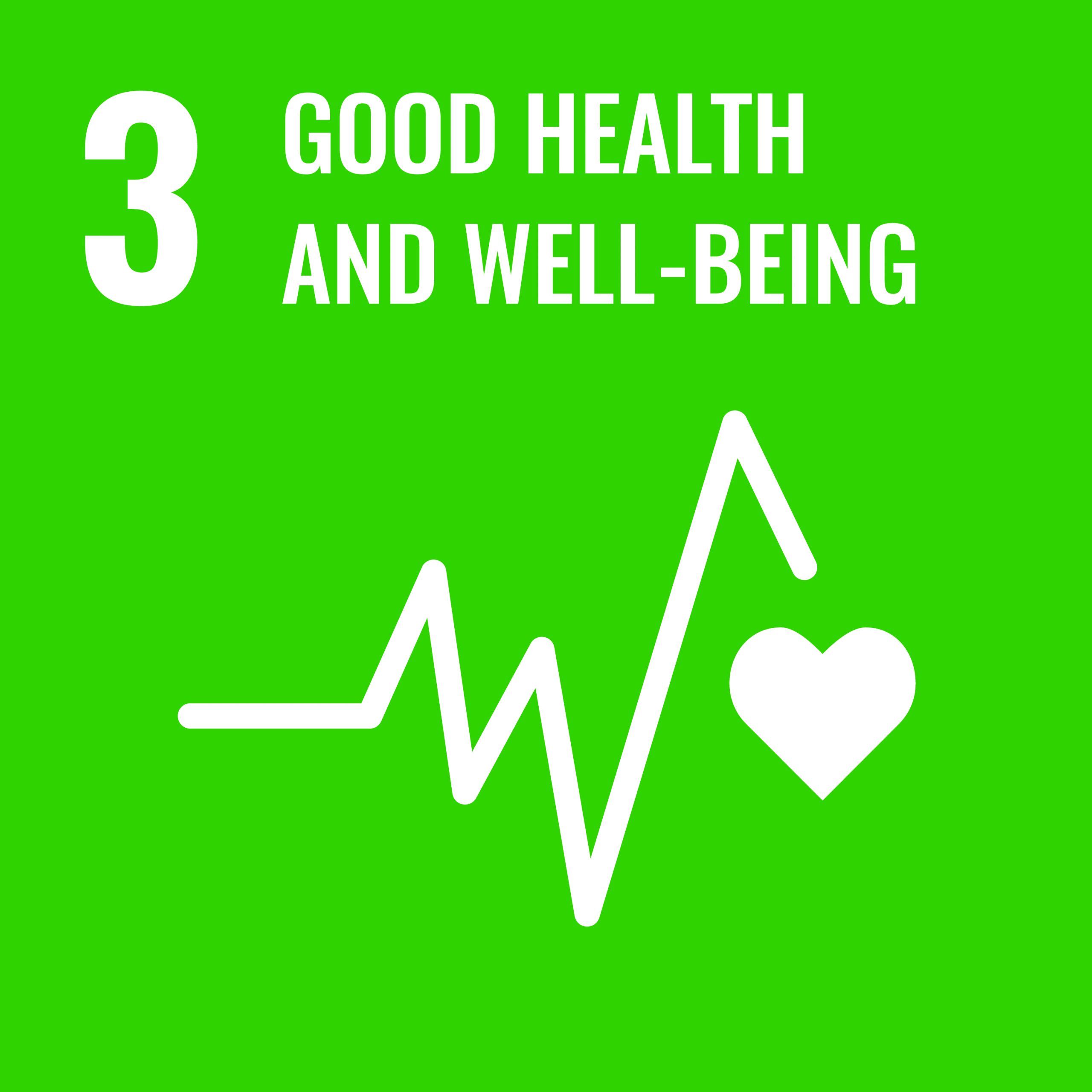

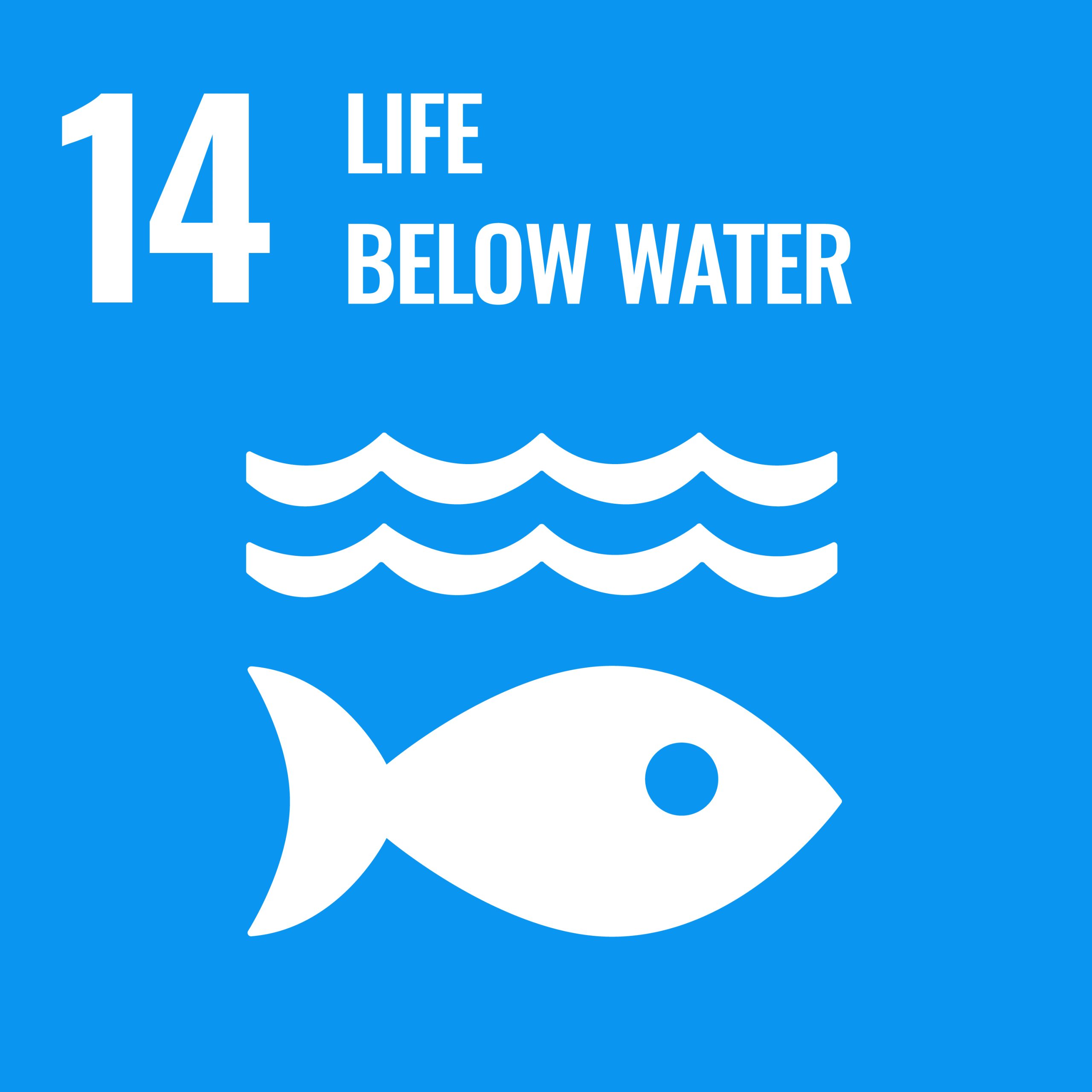
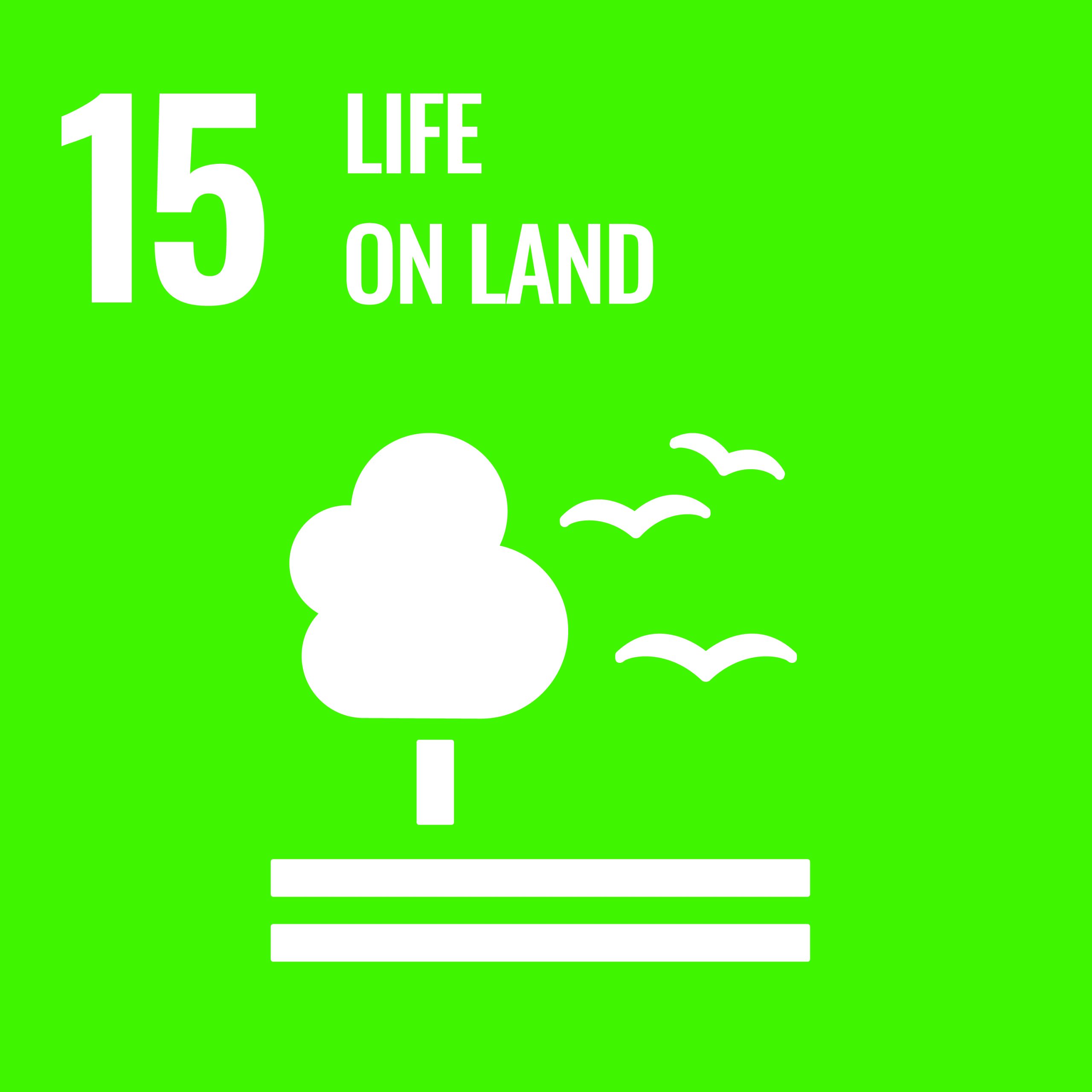
Scaling Efficiently
Nutriterra can double the world’s supply of omega-3 nutrition on less than 5% of current canola-producing land. Omega-3 canola is processed using the same infrastructure and facilities as conventional canola, simplifying Nutriterra’s growth and delivery to the market.
Nutriterra’s source crop is raised on sunshine and rain, making production much less resource-intensive than algal oil. And growing omega-3 canola releases 94.5% less GHG than harvesting marine resources by boat.